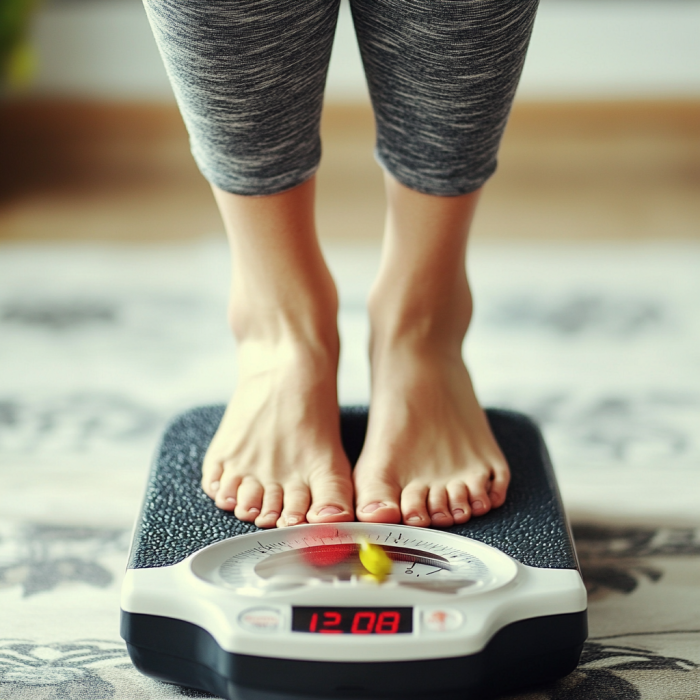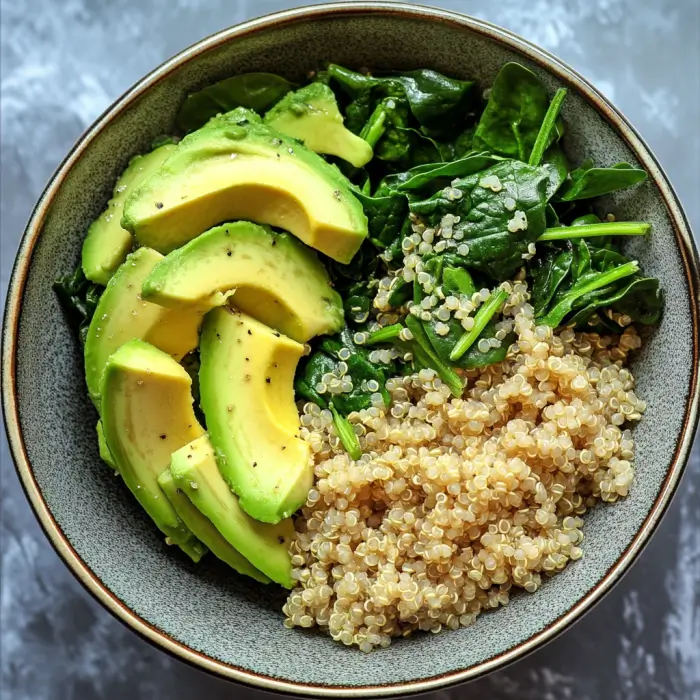
Top Tips to Avoid Perimenopause Weight Gain
Perimenopause, the transitional phase leading up to menopause, typically begins in women’s 40s, though it can start earlier for some. During this time, hormonal changes can cause several symptoms, with weight gain being a common concern. The fluctuation in hormones, especially estrogen, can contribute to increased body fat, particularly around the abdomen. Fortunately, with a few lifestyle adjustments, you can maintain a healthy weight and feel your best throughout this transition.
Here are some effective tips to help prevent perimenopause weight gain:
1. Prioritize Protein in Your Diet
Protein is essential for preserving muscle mass, which often declines with age, especially during perimenopause. Increasing protein intake can support metabolism and help prevent the loss of lean muscle mass. Some great protein sources include:
- Lean meats (chicken, turkey)
- Fish (salmon, tuna)
- Eggs
- Dairy products (Greek yogurt, cottage cheese)
- Plant-based proteins (tofu, beans, lentils)
Aim for a balanced portion of protein with each meal, which can also help keep you fuller for longer and reduce unhealthy snacking.
2. Incorporate Strength Training
Strength training helps to build muscle, which in turn can boost metabolism, allowing you to burn more calories even at rest. Lifting weights or incorporating resistance exercises two to three times a week can also improve bone density, which becomes increasingly important as estrogen levels drop. Strength training options include:
- Free weights (dumbbells, kettlebells)
- Resistance bands
- Bodyweight exercises (squats, push-ups, lunges)
Consider working with a fitness trainer to ensure you’re using proper techniques, especially if you’re new to strength training.
3. Embrace Cardiovascular Exercise
In addition to strength training, include cardiovascular exercise to support heart health and burn calories. Moderate cardio workouts, such as brisk walking, cycling, or swimming, are excellent choices for maintaining weight. Aim for at least 150 minutes of moderate cardio per week or 75 minutes of vigorous activity, which can include interval training to maximize calorie burn in shorter periods.
4. Eat Smaller, Balanced Meals Throughout the Day
Rather than eating three large meals, try smaller, well-balanced meals throughout the day to keep blood sugar levels stable and prevent overeating. Each meal should include a combination of:
- Protein: For satiety and muscle maintenance.
- Healthy Fats: Such as avocado, nuts, seeds, and olive oil, to help balance hormones.
- Fiber: Vegetables, fruits, and whole grains are high in fiber and support digestive health.
Avoiding large meals late in the evening can also help, as the body’s metabolism naturally slows down in the evening hours.
5. Limit Processed Carbohydrates and Sugary Foods
Hormonal fluctuations can increase cravings for sugary and processed foods, which can lead to weight gain if indulged frequently. These foods often cause blood sugar spikes, followed by crashes that leave you feeling hungrier. Focus instead on whole foods and complex carbohydrates like:
- Whole grains (quinoa, brown rice, oats)
- Legumes (beans, chickpeas, lentils)
- Fruits and vegetables (berries, apples, broccoli, carrots)
These foods help keep energy levels stable and reduce the likelihood of overeating due to cravings.
6. Manage Stress and Get Quality Sleep
Perimenopause often comes with heightened stress levels and sleep disruptions, both of which can contribute to weight gain. Elevated cortisol (the stress hormone) is linked to abdominal fat storage, and lack of sleep can interfere with hunger hormones, leading to increased appetite.
- Stress Management: Practice mindfulness, yoga, or meditation to help manage stress. Taking short breaks throughout the day and dedicating time to relaxing activities can make a big difference.
- Quality Sleep: Aim for 7-9 hours of sleep per night. To improve sleep quality, avoid screens an hour before bed, create a calming pre-sleep routine, and keep your room dark and cool.
7. Stay Hydrated
Drinking enough water is essential for metabolism, digestion, and overall health. Sometimes, feelings of hunger are actually signs of dehydration, leading to unnecessary snacking. Aim for at least 8 glasses of water daily, adjusting for physical activity levels. Additionally, drinking water before meals can help prevent overeating by promoting a feeling of fullness.
8. Track Your Eating Habits
Journaling or using a food-tracking app can help you identify patterns in your eating habits. You may find that certain times of day, activities, or emotions trigger overeating. By becoming more aware of these patterns, you can make conscious choices to prevent unnecessary weight gain.
9. Consider Speaking with a Healthcare Professional
If lifestyle changes alone aren’t making a difference, consider consulting a healthcare provider. There may be other factors at play, such as thyroid issues or other hormonal imbalances. Some women find that hormone therapy, under the guidance of a physician, can help alleviate perimenopausal symptoms, including weight gain. Additionally, a registered dietitian can provide personalized guidance to meet your nutritional needs during this phase.
10. Be Patient with Yourself
Remember that perimenopause is a natural life stage, and it’s normal for the body to change. Weight management can be more challenging than it was before, but with patience, consistency, and self-compassion, you can stay healthy and fit. Celebrate small wins, stay committed to your healthy habits, and acknowledge the importance of mental and emotional well-being throughout the journey.
In Summary
Perimenopause weight gain doesn’t have to be inevitable. By focusing on a balanced diet, regular exercise, stress management, and quality sleep, you can maintain a healthy weight and feel better during this transition. Making sustainable, gradual changes in your lifestyle will yield the best results over time, helping you navigate perimenopause with confidence and vitality.







































